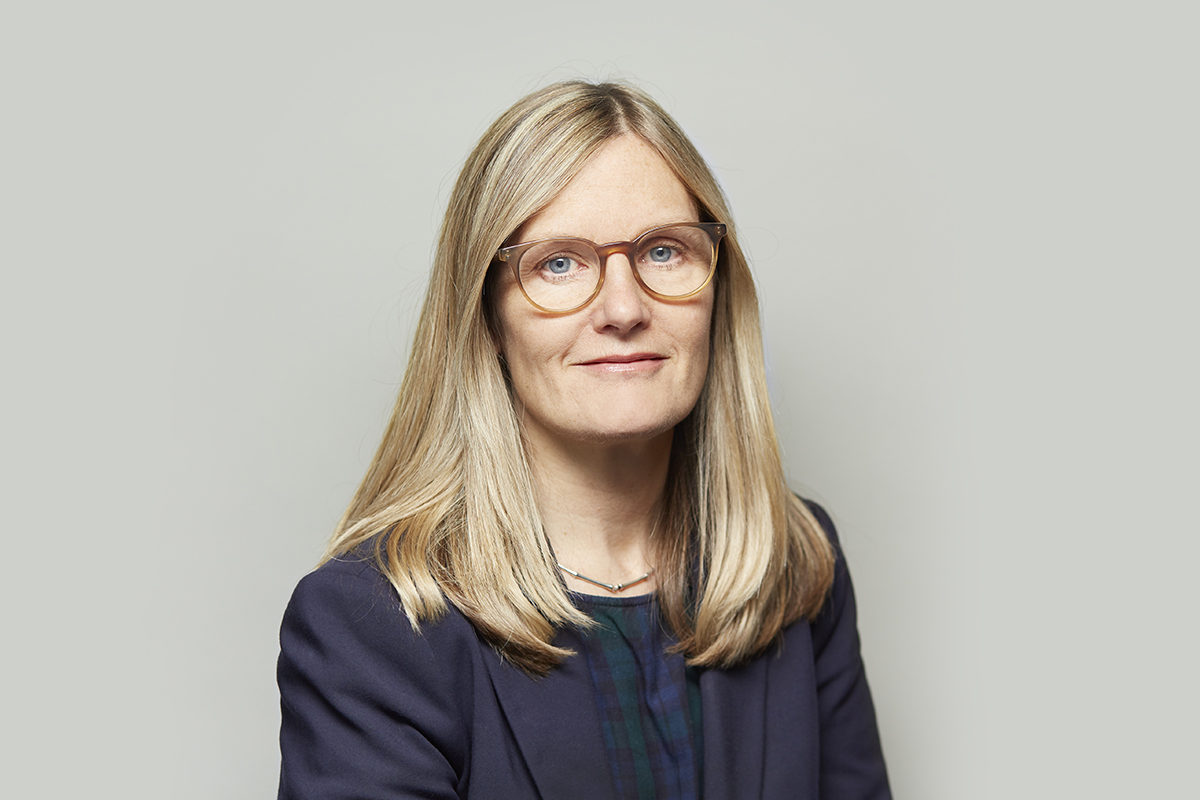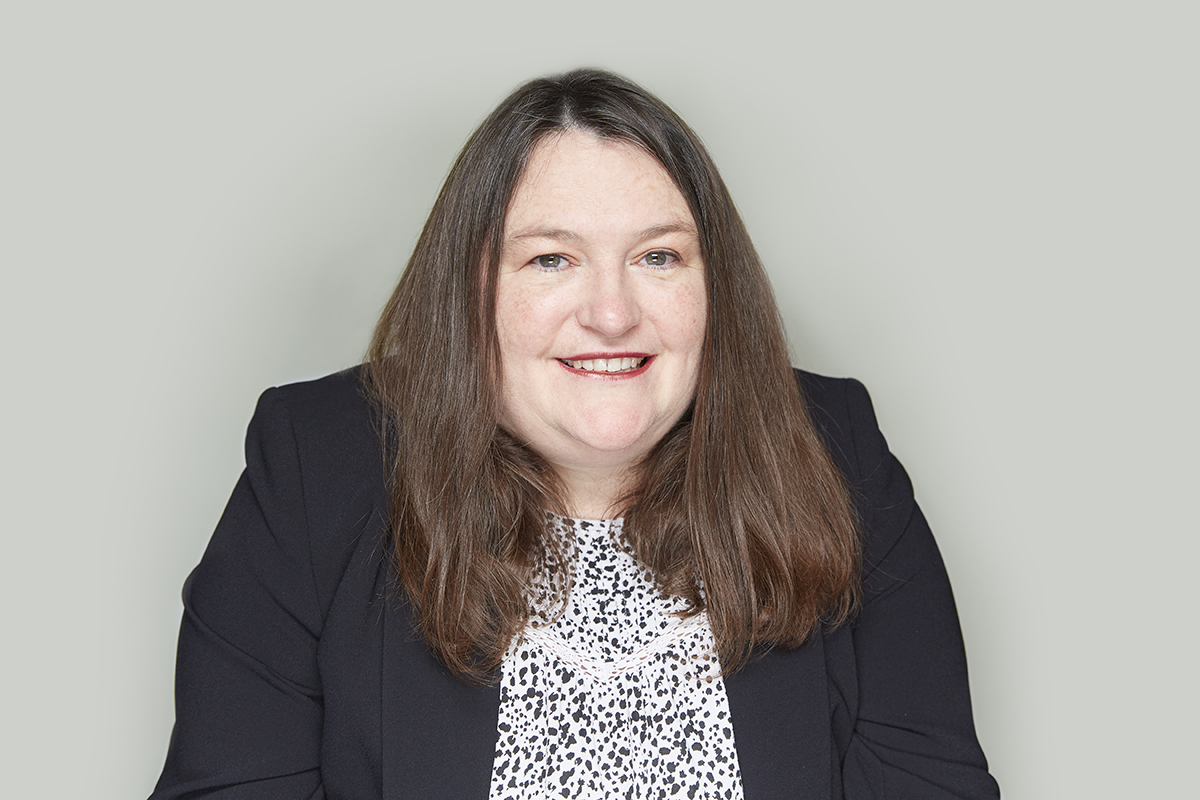AML: further changes
Written by
The government has launched a consultation on targeted amendments to the existing anti-money laundering regulations (MLR 2017) at the same time as a more general call for evidence on a wider review of the UK’s AML/CTF (Counter-Terrorist Financing) regulatory and supervisory regimes.
Changes proposed by the consultation include:
A clarification to the definition of “art market participants”, to make it clear that artists selling their own work are not subject to AML, as already conceded in guidance. A possible extension of the definition of “works of art” to include digital or crypto artworks is also suggested.
Since 2020 regulated businesses (such as lawyers and accountants) have had a duty to report to the registrar of companies any discrepancies between the information they hold about the beneficial owners of companies, as a result of customer due diligence measures, and the information recorded by Companies House on the public companies register. This requirement currently only applies at the on-boarding stage, before establishing a business relationship. Since its introduction, HMRC has received over 35,000 reports of discrepancies. It is proposed that relevant businesses should have an on-going obligation to report any discrepancy regarding the beneficial ownership of their clients of which the relevant person becomes aware, or should reasonably have become aware of.
The definition of Trust Company Service Providers (TCSPs), which are specifically AML regulated, currently refers to those providing services to companies and other legal persons. It is proposed that the definition be extended to ensure that TCSPs providing services to partnerships (or any other type of business arrangement which are required to register with Companies House) are also brought into scope.
Views are also sought on ways to regulate transfers of crypto assets, as required by the Financial Action Task Force (the global money laundering and terrorist financing watchdog), so that systems are in place to gather information on the originator and beneficiary every time there is a transfer.


